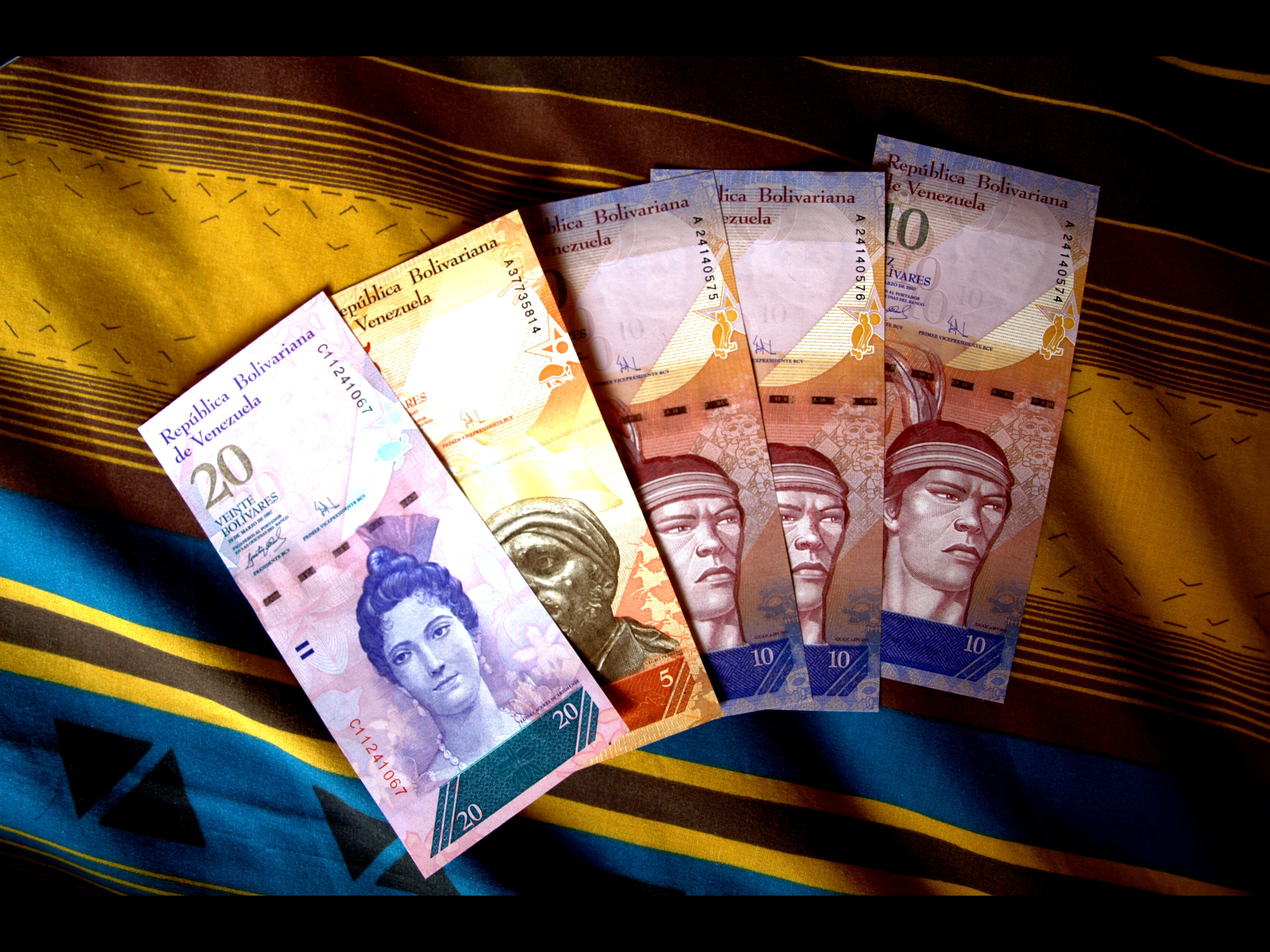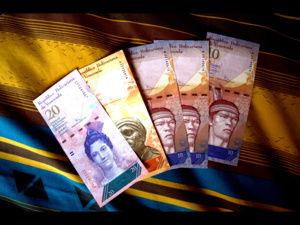Venezuela is a vivid example of what can occur with an oil-producing country at current hydrocarbons rates. In 2014, when oil prices were just about to collapse, inflation in Venezuela accelerated to 63%. Even then, some experts called it a catastrophe. However, according to results of 2015, index jumped more than 4 times to 275%. Apparently, this is not a limit: according to IMF forecasts, this year the growth rate of consumer prices will grow back two and a half times and make 720%.
During 2015, the Venezuelan government increased the number of 100, 50 and 2 bolivar banknotes twice. Cost of the national currency is rapidly being eroded not only by the printing press, but also by reduction of gold reserves. The Republic’s black market set an historical record: for the first time 1 US dollar began to cost more than 1 thousand bolivars. The bolivar fell against the dollar by 17% on the official forex market in just one month.
36 Boeings with cash is just the beginning, say insiders familiar with the situation. Central Bank of Venezuela is in secret talks with the authorities. They are considering possibility of ordering another 10 billion banknotes. This is two-fold increase in the amount of cash in the country. Perhaps, IMF was basing on this data when making its forecast of more than two-fold inflation in Venezuela. It is worth adding that the Fed and the ECB are printing just 4 billion banknotes per year. In addition, they are in use around the world, in contrast to the bolivar.
Physical gold stocks in Venezuela are estimated at $ 12 billion, and Chavez spent a lot of effort and nerves on getting it back into the country. Experts believe that the new government will spend all the reserves in fruitless attempts to deal with hyperinflation. Meanwhile, citizens are faced with its influence. For example, dinner in a restaurant costs a huge wad of bills of size of a brick. A color photocopy of a 100 bolivar bill is worth more than 100 bolivar. And that's not to mention the less fun effects such as inability to buy simple consumer goods.
One of the outputs, which will reduce logistics and printing costs - is the introduction of banknotes of nominal more than 100 Bolivar. However, the Venezuelan government does not want to do that, because the new bill would be a acknowledge of hyperinflation, which the republic’s official media just deny.
source: thenewamerican.com
During 2015, the Venezuelan government increased the number of 100, 50 and 2 bolivar banknotes twice. Cost of the national currency is rapidly being eroded not only by the printing press, but also by reduction of gold reserves. The Republic’s black market set an historical record: for the first time 1 US dollar began to cost more than 1 thousand bolivars. The bolivar fell against the dollar by 17% on the official forex market in just one month.
36 Boeings with cash is just the beginning, say insiders familiar with the situation. Central Bank of Venezuela is in secret talks with the authorities. They are considering possibility of ordering another 10 billion banknotes. This is two-fold increase in the amount of cash in the country. Perhaps, IMF was basing on this data when making its forecast of more than two-fold inflation in Venezuela. It is worth adding that the Fed and the ECB are printing just 4 billion banknotes per year. In addition, they are in use around the world, in contrast to the bolivar.
Physical gold stocks in Venezuela are estimated at $ 12 billion, and Chavez spent a lot of effort and nerves on getting it back into the country. Experts believe that the new government will spend all the reserves in fruitless attempts to deal with hyperinflation. Meanwhile, citizens are faced with its influence. For example, dinner in a restaurant costs a huge wad of bills of size of a brick. A color photocopy of a 100 bolivar bill is worth more than 100 bolivar. And that's not to mention the less fun effects such as inability to buy simple consumer goods.
One of the outputs, which will reduce logistics and printing costs - is the introduction of banknotes of nominal more than 100 Bolivar. However, the Venezuelan government does not want to do that, because the new bill would be a acknowledge of hyperinflation, which the republic’s official media just deny.
source: thenewamerican.com






